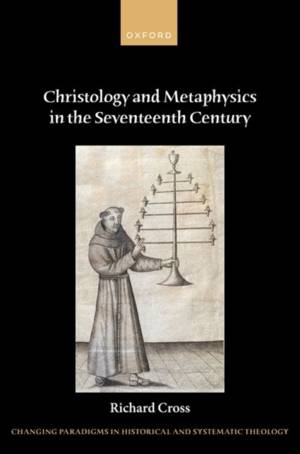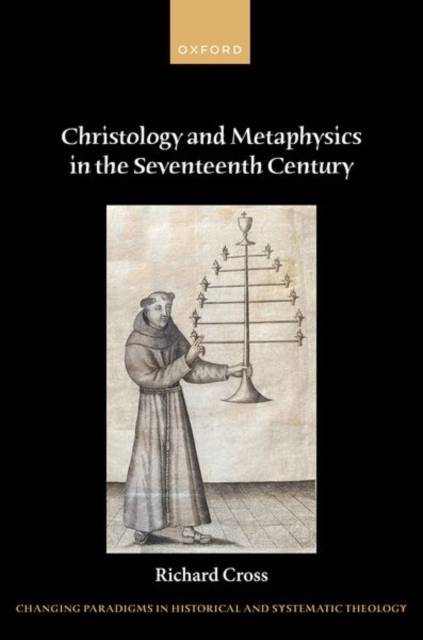
Je cadeautjes zeker op tijd in huis hebben voor de feestdagen? Kom langs in onze winkels en vind het perfecte geschenk!
- Afhalen na 1 uur in een winkel met voorraad
- Gratis thuislevering in België vanaf € 30
- Ruim aanbod met 7 miljoen producten
Je cadeautjes zeker op tijd in huis hebben voor de feestdagen? Kom langs in onze winkels en vind het perfecte geschenk!
- Afhalen na 1 uur in een winkel met voorraad
- Gratis thuislevering in België vanaf € 30
- Ruim aanbod met 7 miljoen producten
Zoeken
Omschrijving
Richard Cross explores the largely uncharted territory of seventeenth-century Christology, paying close attention to its metaphysical and semantic presuppositions and consequences. He shows that theologians of all stripes develop and expand theories that are associated respectively with the medieval theologians Thomas Aquinas and Duns Scotus. Italian and French Dominicans follow Aquinas closely, read through the lens of Cardinal Cajetan. But most Iberian Dominicans incorporate Suàrez's theory of modes into their account, and Suàrez, whose account is a modification of Scotus's, is in turn followed by his fellow Jesuits. Lutherans use Cajetan's account to fill explanatory gaps in their own accounts; and Reformed theologians by and large adapt the position associated with Scotus. The study ends with an account of Leibniz's Christology in its historical and conceptual context.
Specificaties
Betrokkenen
- Auteur(s):
- Uitgeverij:
Inhoud
- Aantal bladzijden:
- 356
- Taal:
- Engels
- Reeks:
Eigenschappen
- Productcode (EAN):
- 9780192856432
- Verschijningsdatum:
- 15/12/2022
- Uitvoering:
- Hardcover
- Formaat:
- Genaaid
- Afmetingen:
- 210 mm x 241 mm
- Gewicht:
- 680 g

Alleen bij Standaard Boekhandel
+ 435 punten op je klantenkaart van Standaard Boekhandel
Beoordelingen
We publiceren alleen reviews die voldoen aan de voorwaarden voor reviews. Bekijk onze voorwaarden voor reviews.









